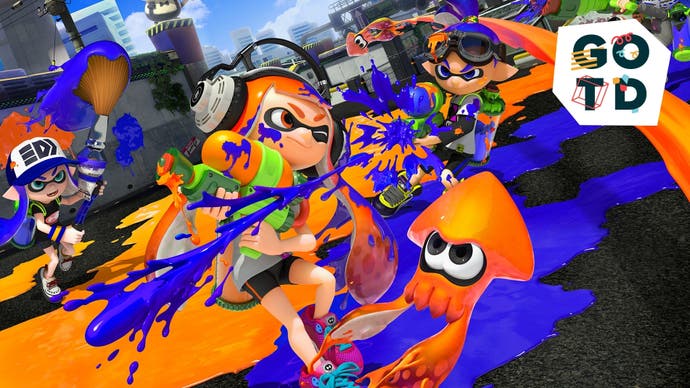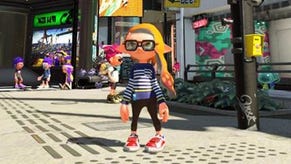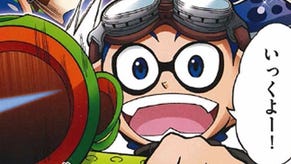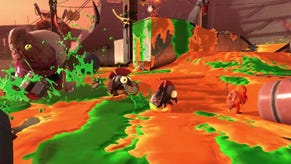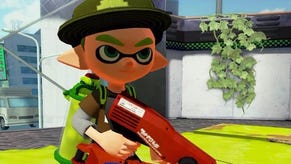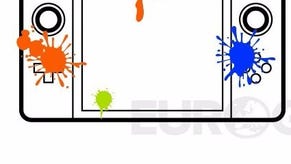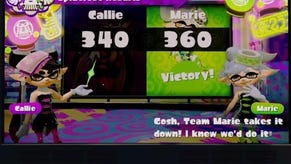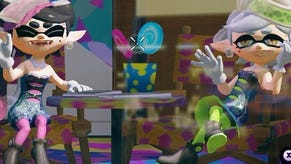Games of the Decade: Splatoon kickstarted Nintendo's revival
Splash damage.
To mark the end of the 2010s, we're celebrating 30 games that defined the last 10 years. You can find all the articles as they're published in the Games of the Decade archive, and read about the thinking behind it in an editor's blog.
It's tempting to see Nintendo's past decade in two parts, split by the release of the Switch. It's not quite as simple as that, though - the Wii U, for all its failings, was a chance for Nintendo to take stock, reassess and shift course. It offered a chance to experiment, and a chance to usher in a new generation of talent. I don't think the Switch would have been half as successful if it wasn't for the work laid down during one of Nintendo's greyest periods.
All of which made Splatoon such a welcome shock of colour. A new IP from Nintendo when such things were a rarity - we'd had Tomodachi Life and Rhythm Paradise, but really you have to look all the way back to Pikmin for one of this magnitude - and a multiplayer shooter was something that seemed well out of the company's comfort zone. But, of course, Nintendo's approach to the online fragfest was perfectly Nintendo, and in Splatoon it's not so much about headshots as it is covering the map in gallons of gloopy ink.
Is it an inversion of your typical online shooter? Not really, as it's all about owning and shutting down space - instead Splatoon's an interrogation of the form and a rebuilding of it in Nintendo's own image, where systems splash playfully into one another in a game that arrived pretty much perfectly formed. So much so that there wasn't too much for its Switch sequel to improve upon (though Splatoon 2's inclusion of a fully fleshed-out single player mode with the Octo Expansion brought it even closer to perfection).
In the four short years since Splatoon's launch it's become an institution; in Japan inklings seem to be revered as much as Mario and co, and it's nothing short of a phenomenon. Elsewhere, we get to enjoy an aesthetic that's the embodiment of late-90s Shibuya cool - a bit of sugar-pop punk mixed in with some daisy age flavour. I don't think a more joyous world has been introduced in the last ten years, from Nintendo or elsewhere.
And Splatoon helped make Nintendo cool again, the elder generation moving aside for a younger batch of designers. One of the first game's directors, Tsubasa Sakaguchi, seems typical of the youth and inventiveness of this new generation - he went on to play a part with Nintendo Labo, one of the Switch's more eye-catching propositions - while Hisashi Nogami soon relished his role as public figurehead for the series.
You might look at Breath of the Wild as Nintendo's crowning moment this decade, and I think there's not much argument against it being its finest game. But for what it achieved, and what it kickstarted, Splatoon should surely stand as its most important.
